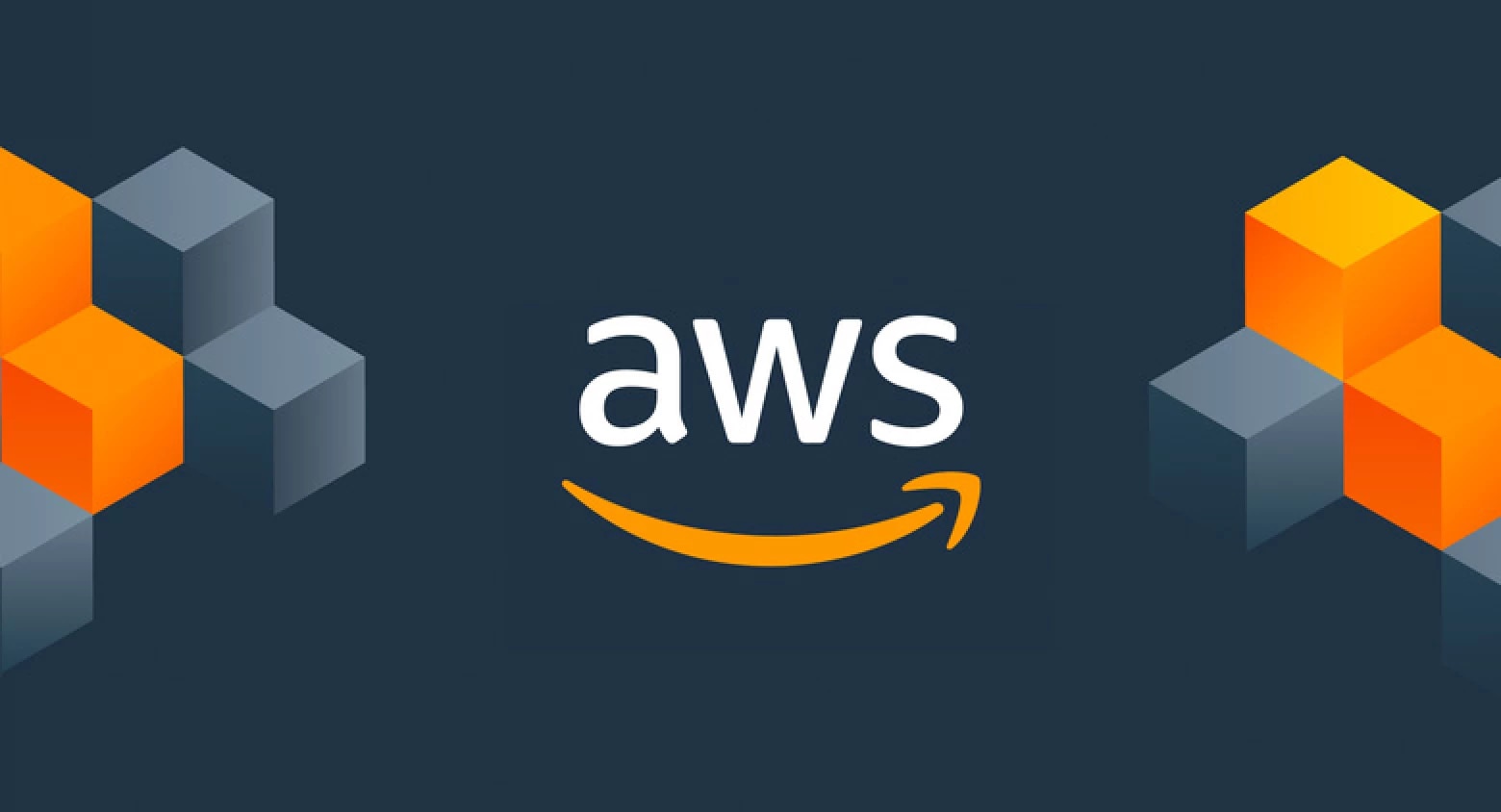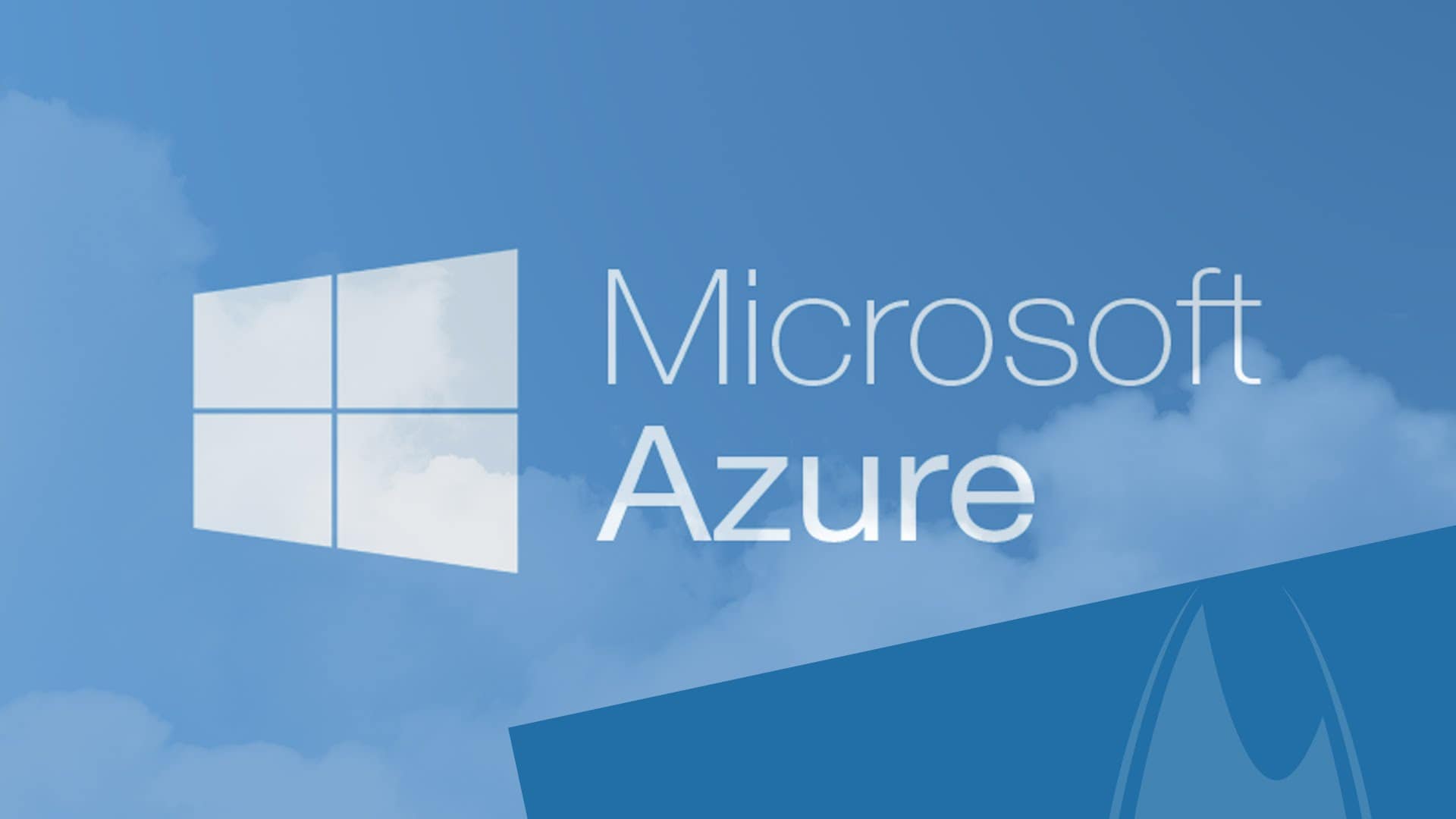2 min to read
What is AWS?
Why is so important to use?

What is AWS?
AWS stands for Amazon Web Services. It is a comprehensive cloud computing platform provided by Amazon, which offers a wide range of services and tools for businesses, developers, and individuals. AWS allows users to access and utilize computing resources, storage, databases, machine learning, analytics, and more, all through the internet.
Here are some key aspects of AWS:
-
Compute: AWS provides various compute services, including Amazon EC2 (Elastic Compute Cloud), which allows users to run virtual servers in the cloud, and AWS Lambda for serverless computing.
-
Storage: AWS offers scalable storage solutions such as Amazon S3 (Simple Storage Service) for object storage, Amazon EBS (Elastic Block Store) for block storage, and Amazon Glacier for long-term data archiving.
-
Databases: AWS provides managed database services like Amazon RDS (Relational Database Service), Amazon DynamoDB for NoSQL databases, and Amazon Redshift for data warehousing.
-
Networking: AWS includes a wide range of networking services like Amazon VPC (Virtual Private Cloud), AWS Direct Connect for dedicated network connections, and Amazon Route 53 for domain registration and DNS services.
-
Analytics: AWS offers services for data analytics and machine learning, including Amazon EMR (Elastic MapReduce), Amazon Athena for querying data, and Amazon SageMaker for building machine learning models.
-
Security: AWS provides various security services and tools, including AWS Identity and Access Management (IAM), AWS WAF (Web Application Firewall), and AWS Shield for DDoS protection.
-
Content Delivery and CDN: Amazon CloudFront is AWS’s content delivery network (CDN) service, which helps deliver content, including web pages, videos, and other assets, with low latency and high availability.
-
Developer Tools: AWS offers developer tools like AWS CodeDeploy, AWS CodeBuild, and AWS CodePipeline to help with application deployment and continuous integration/continuous deployment (CI/CD).
-
Management and Monitoring: AWS provides services like AWS CloudWatch for monitoring resources and AWS CloudFormation for infrastructure as code (IAC) management.
-
IoT: AWS offers services for building and managing Internet of Things (IoT) applications and devices.
-
Machine Learning and AI: AWS has a suite of services for machine learning and artificial intelligence, including Amazon SageMaker, Amazon Comprehend, and Amazon Rekognition.
-
Blockchain: AWS offers blockchain services such as Amazon Managed Blockchain to create and manage blockchain networks.
AWS is known for its scalability, reliability, and flexibility, making it a popular choice for businesses of all sizes to build and deploy applications, websites, and services in the cloud. Users pay for the AWS resources they use on a pay-as-you-go basis, which can be cost-effective and efficient for both startups and large enterprises.

Comments